QuestionI have 2 five month old kittens and one is having problems with soft stools. He was diagnosed in June with roundworms and was treated 3 times. The last treatment was about 6 weeks ago. Since the last treatment he continues to have soft stools with fresh blood at the very end of the bowel movement. He has had 3 negative roundworm tests since the last treatment so we have ruled out roundworms as the continuing cause. The vet thought he might have a touch of colitis so we put him on the low residue prescription food. He has been on the food for 3 weeks now and there is still no change in his stools. If it is not roundworms or colitis what could be causing the blood in the stool? How long does it take for a kitten to recover from having roundworms? He is growing and eating and acting like a normal kitten so I am at a loss on what to do.
AnswerChronic diarrhea is certainly frustrating. Sometimes the problem is viral, in which case nothing will help. I remember several years ago, we had an diarrhea-causing illness in our colonies that lasted for over a year. The vets believe it was a torovirus. This typically causes mild diarrhea, but it can last for months, even up to a couple years. Supportive care is all you can do for these guys - be sure they don't dehydrate, and keep them on an easy-to-digest food.
Diarrhea induced by roundworms really should correct itself very shortly after the roundworms are gone. I can't imagine that would still be the issue. I must admit I thought hookworms might be to blame, but those are usually killed by the same medicines that kill roundworms.
Has the kitty been tested or treated for coccidia and giardia? These are common protozoan parasites that cause persitent and often severe diarrhea. Antibiotics will help stifle the reproduction of these germs until the kitty's immune system can handle the infection on its own. Metronidazole (Flagyl) and sulfadimethoxine (Albon) are often used. I personally prefer fenbendazole (Panacur), because it treats for all types of worms as well, and it tends to be more effective on resistant strains of coccidia. Besides, it's easily administered when mixed into canned food. These might be something to ask the vet about if they haven't been tried.
You could try adding some bulk to his diet by mixing a teaspoon of canned pumpkin (not pie mix, just plain pumpkin) or pea or squash baby food into some canned food, or even mixing in a sprinkling of Citrucel. These are ideal for cats with colitis.
Not sure which prescription food you tried, but there are some that use alternate sources of nutrients in case the cat is allergic to ingredients more commonly found in cat food. Protein sources like venison, rabbit and lamb and carb sources like peas and sweet potatoes can be good for cats allergic to chicken, beef, corn and rice.
And though we hate to do it, sometimes treatment with a corticosteroid is a necessary evil. Many cats with colitis just need a steroid to calm down the inflammation and allow the gastrointestinal tract to heal itself. I would ask the vet if he feels this would be worth trying at this point. A treatment of 10 days or so might do the trick. Some need to be on it permanently. But the effects of diarrhea over time end up far worse than the risks of the medication.

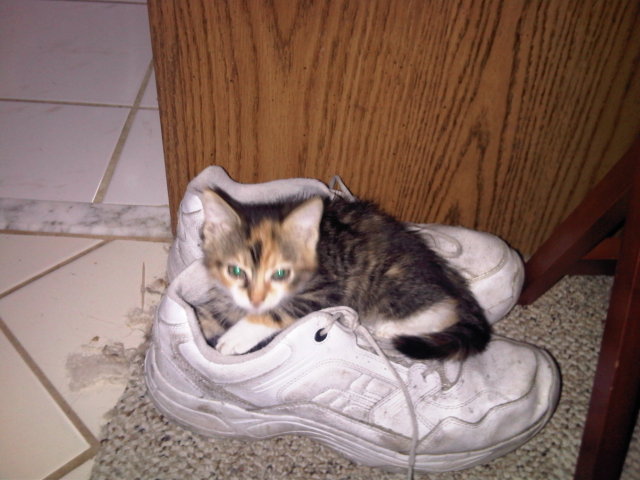 Kitten not eating
Question
Tiny
I have a 10 week old female kitten
Kitten not eating
Question
Tiny
I have a 10 week old female kitten
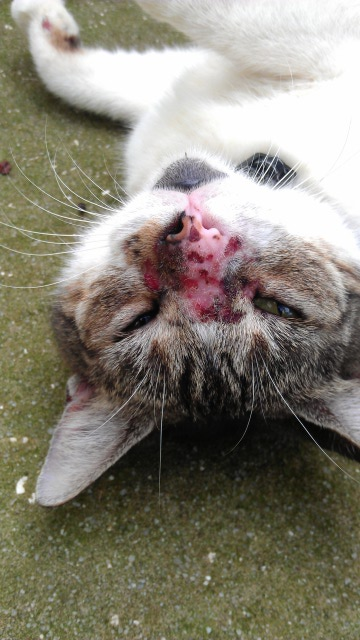 Cat nose
QuestionCat
QUESTION: There is a stray cat in o
Cat nose
QuestionCat
QUESTION: There is a stray cat in o
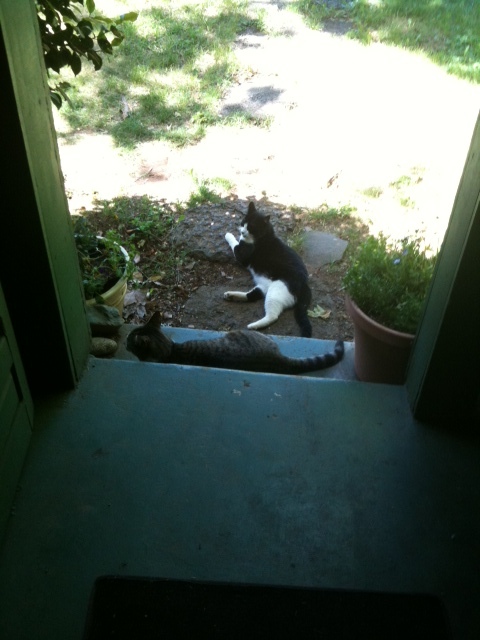 2 sibling cats. one of the brothers just passed.
Question
Their last day togethe
how should i dea
2 sibling cats. one of the brothers just passed.
Question
Their last day togethe
how should i dea
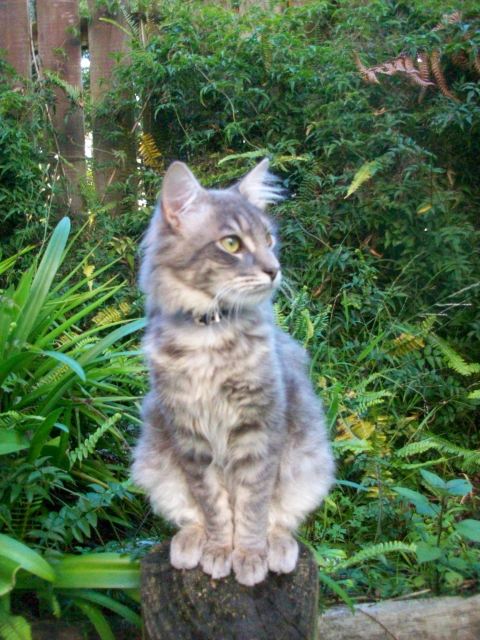 Rain
Question
my cat
Hi, i was wondering if you could help m
Rain
Question
my cat
Hi, i was wondering if you could help m
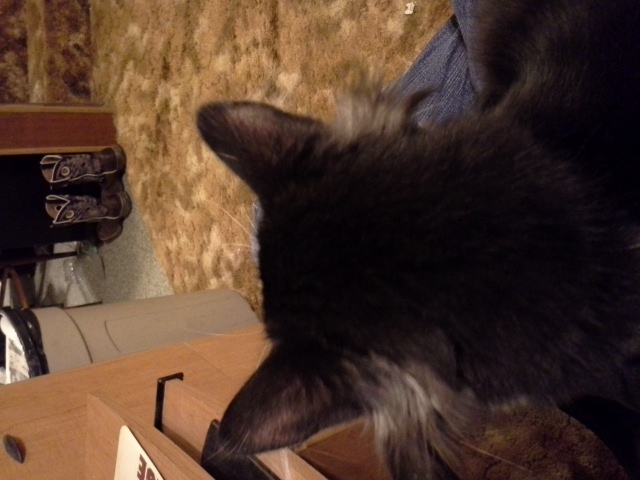 Can you give me an idea for possible cat breed?
Question
Tufts Maverick
My cat Maverick ha
Can you give me an idea for possible cat breed?
Question
Tufts Maverick
My cat Maverick ha